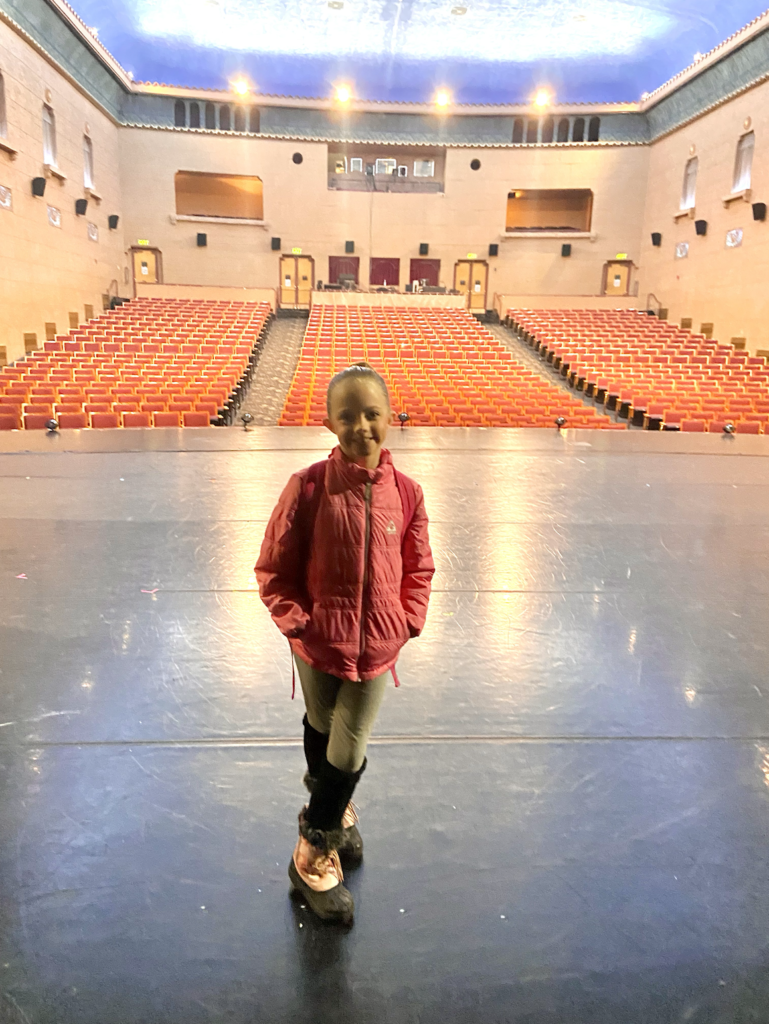
Piano Teaching Q&A: Stopping Lessons
Each week we will be featuring questions asked by our readers, and will do our best to answer them and to give some ideas 🙂
A few weeks ago, we received an email from a fellow piano teacher which stated the following:
How does everyone else deal w/ students who drop? I just came home yesterday to a voice mail from a mom of 2 of my students. Out of the blue, after 4 years of lessons, they’ve decided to go with a different teacher. For whatever their reasons, my feelings are hurt that after all this time invested, I just get a message. I’ve also been dropped by email. I know that no one likes confrontation, but geez!. Thanks!
In response, firstly I’d like to offer my condolences for such insensitive and impersonal behavior! Like you said, I think sometimes we want to avoid confrontation by any means possible, but don’t realize that by trying not to “come off as mean” we end up coming off even MORE mean than before!
I haven’t been teaching for as long as many of you, and we’ve moved around so much that I always ended up being the one who left my students, before they even had a chance to leave me! However, I’d like to offer some thoughts and suggestions on the matter. My current studio is comprised entirely of transfer students, and I can share with you some suggestions I gave those parents who were about to leave their current teacher in order to have their children study with me.
Of course it hurts that after 4 (or however many) years of invested time, emotion, and talent, a student chooses to leave our studio. I think the important thing to remember is that there is a wide array of reasons why a family may choose to study with someone else – we don’t know everything about their circumstances. It could be that their financial situation has suddenly changed and they can no longer afford piano lessons. It could be that the student has a conflicting schedule and has chosen the other activity (sports, ballet, etc) over piano. Those are just 2 of the many possible reasons for leaving. If this were happening to me, I would convince myself that it was definitely one of those two things – but that’s just how I am! 🙂
Now, to tackle the more uncomfortable possibilities… It might be that their learning style was not matching up as optimally with your teaching style – and that is okay. One might immediately say “Yeah, but then why did they study with me for FOUR YEARS? Wouldn’t this have come up sooner?!” Possibly, possibly not. Students change – we all know how much personalities change as students get older! The last (and most uncomfortable) possibility is that the mother found a teacher that was a better fit for her children. However, the important thing to remember about that sentence is the last part – FOR HER CHILDREN. It doesn’t mean that you are a bad teacher or a “lesser teacher” than someone else. And this is assuming she’s even leaving you FOR SOMEONE ELSE – it might be that she just chose to remove her children from lessons altogether!
I am totally the “Every Cloud has Silver Lining” sort of person, and so what I would do is this:
1. Call the mom and ask why. I know it might sound gutsy – because it is – but you have a right to know, at least as it concerns you. Why? Because you want to know how you can improve yourself. I wouldn’t call her and demand “Why did your children drop out of my studio?! TEL ME NOW!” Nothing like that! But call her and kindly ask if there was anything in the way you ran your studio that prompted her to remove her children from your studio. Explain to her (and this, I think, would be the most important part) that you aren’t trying to be nosy, but as a professional teacher, you want to know how you can improve your services to your students. This phone call will be very revealing, and if you’re a sensitive person, brace yourself, because you don’t know what the response will be. However, whatever the reason is, know that it will help you be a better piano teacher.
If the mom doesn’t respond to your phone call or email (I’d do both), then perhaps try contacting her via both mediums one week later, and then leave it at that. If you choose to not contact the mother, or if you never hear back from her, then I would do some self-evaluation. Do a Studio Evaluation, as I like to call it – scrutinize every aspect of your studio, think of a master teacher (such as Leon Fleisher, Nelita True, etc) and ask yourself “Would his/her studio handle it this way?” and model your studio after that. This way, you are ensuring that you have the most professional studio possible.
These are just my thoughts and theories – I would absolutely love to hear feedback. If you completely disagree, please let me know – we can all improve!


 Previous Post
Previous Post Next Post
Next Post


















Great post! I think this is something we have all probably dealt with to some degree. When I was first starting out teaching as a 15-year-old, I once had a young student show up to her lesson (after only one month of lessons) with a note from her mother saying, "This will be so-and-so's last lesson. Thank you." What?!? As a young teacher I was definitely confused at this, and wondered what I had done wrong! I never did confront the mom and ask why.
It is because of experiences like this that I now write something into my policy about quitting lessons. My policy states that when you sign up for lessons, you are responsible for paying for your time slot for the entire semester (which is usually 4 months). I know others who require a 30-day notice for quitting lessons. I think that a policy such as this is only fair. When you sign up for a soccer team or dance lessons, you pay for the whole season or for the whole length of the class upfront, no matter if you come or not. As a piano teacher, I count on my students showing up for the semester they have signed up for. If they suddenly quit, I not only have an empty time slot that is difficult to fill mid-semester, but I am also out the money that I count on to help support my family.
I also think that as teachers we need to realize that sometimes a student may be able to learn better from a different teacher, and we should respect that. (In fact, it talks about this in the MTNA Code of Ethics http://www.mtna.org/AboutMTNA/CodeofEthics/tabid/468/Default.aspx). However, as Janina stated, we do deserve to know why a student is quitting – it will at least help us to know some things we may be able to improve about our teaching for the future.
In my studio, students must sign up for an entire semester of lessons, so they can't quit mid-semester (or they still have to pay me). I started this because in college, when I was entirely dependent on my piano income, I started one semester with 15 students and ended with 8. Most quit because of some sort of sports and the parents told me they were going to start again but never did. Now I don't ever have that problem because parents must sign the policy and commit for the entire semester or year. This really helps new students because some want to quit early into lessons but since they must take for the whole semester, they have more time to get used to me and I have more time to get to know them, so normally they end up staying.
As far as when students quit who have been studying for a long time, I normally don't mind and try to be understanding. Sometimes they find a teacher that is a better fit, but in my studio normally a student is just getting older and deciding to pursue other interests. I find that if parents make those kind of students keep taking lessons, they aren't good students anymore.
In my studio they have to sign a 3 month commitment at the beginning of every year and they have to give 30 days notice if they decide to drop. If they come to their last month of lessons I usually get a good idea of why they are quitting. If they don't come to their last month, then I have that time to try and fill that spot.
If I encountered this situation, I would definitely call this mother and ask her why she might be switching or what her concerns were. You can do it in a kind way, and also be able to learn something about yourself.
That being said, I wouldn't take it too personally. There are so many reasons why parents and students prefer different teachers. I only have 5 students and I only do recitals and group classes every few months. I had one parent that chose to switch to me specifically because she didn't want a teacher that did a ton of competitions etc. They had done it previously and it didn't work for her or her student. (Personally I think a teacher that is doing those things is a better teacher than me! 🙂 But that's what worked for them. Everyone is different, and there are always students that will be a good fit for you.
I remember early in my teaching career, my best student came to me in a lesson one day, with her dad, and they explained that she would be switching to a new teacher because they felt like she had learned what she could from me and was ready for a new perspective. Boy, that was an awkward conversation! And one that left me feeling hurt and inadequate as a teacher. And yet, I really appreciated that they respected me enough to have the conversation with me in person, and let me know exactly why they were switching. Not everyone has that much courage.